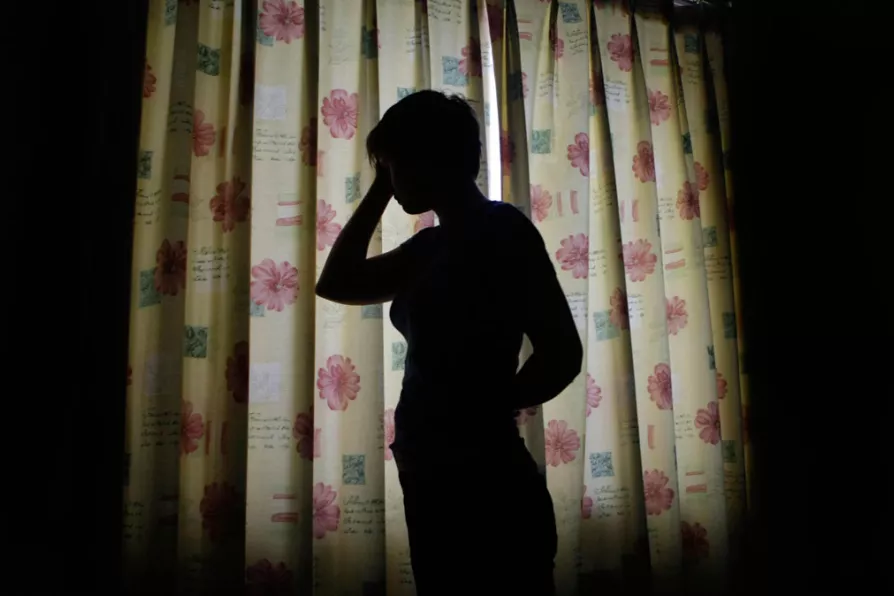Trump’s vision of ‘might is right’ signals the collapse of the postwar order — and a warning of who may be next, warns BOB ORAM


ANYONE who uses mental health services will know that the lack of continuity of care is a major problem. You may see a psychiatrist at one appointment but someone else at the next and then be expected to share sensitive details about your life and illness with them too.
You may find that the criteria for accessing the services has changed to such an extent that you are no longer offered help and instead are left to deteriorate further.
It would be hard to argue that continuity of care isn’t an aid to recovery or, indeed, lifesaving. So why is it so absent in mental healthcare?

In the face of funding cuts, closures and a shift into women’s centres providing criminal justice-only services rather than a holistic approach, RUTH HUNT urges women to protect existing resources, volunteer and build new networks of support













